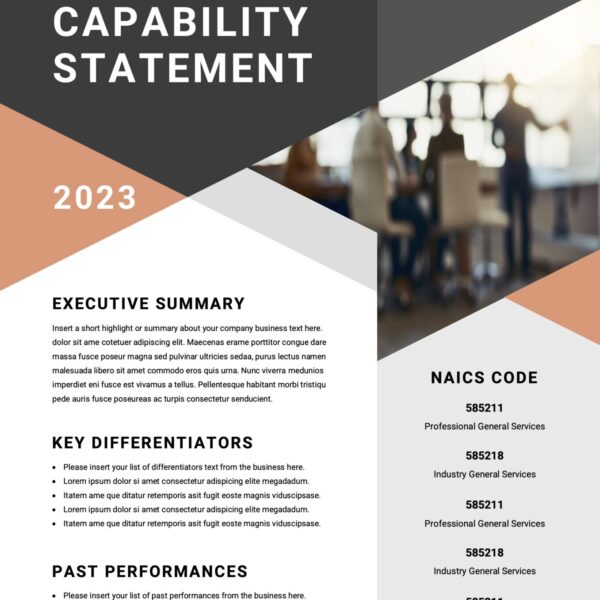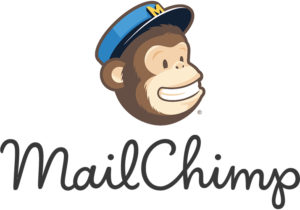
All Posts, Blog, Marketing, Web Design
We’ve all been there. Some of us more than others – yet still the idea of a redesign initially starts out with great aspirations, then leads to feverish or lackluster enthusiasm weeks later. Let me back up and explain my story. It’s been probably...
![Developer and Client Transparency Presentation [VIDEO]](https://jpdesigntheory.com/wp-content/uploads/2017/03/Client-Transparency-WP-Orlando-Jeans-Picture-1080x675.jpg)
Web Design, Web Development
A couple of weeks ago I presented at WordPress Orlando on Client Transparency in Creative Development. For those of you who weren’t able to attend or wanted to watch the presentation below is the video. Be sure to watch all the way to the end as the Q&A...
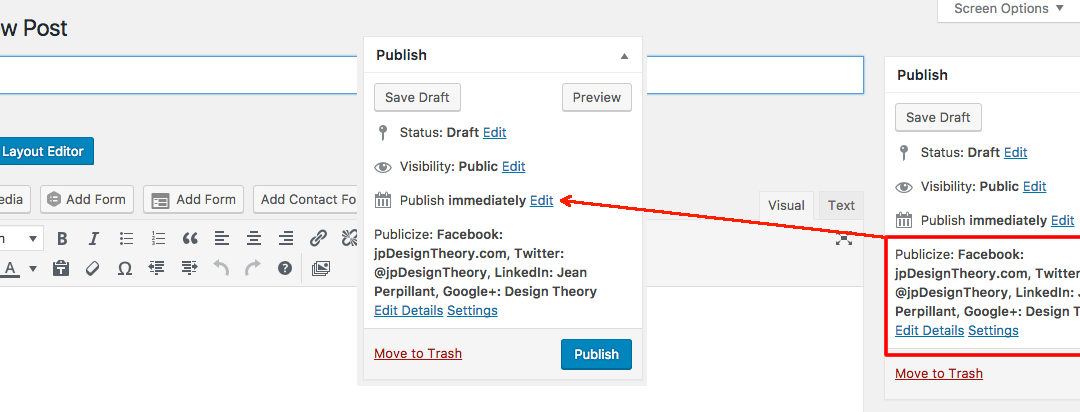
All Posts, How to, WordPress, WordPress Plugins
In this short instructional video, you’ll see how easy it is to connect your website to your social media channels so that when you publish a new post, it will automatically post to your social media accounts. Once you’ve installed and activated Jetpack...
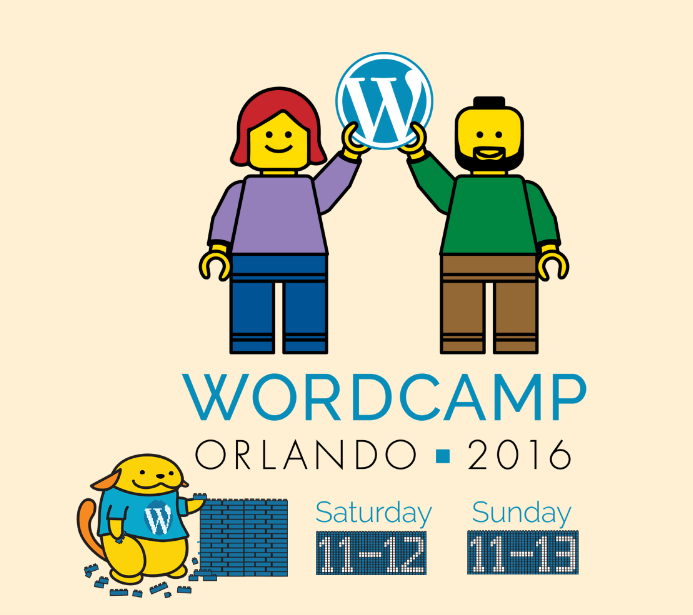
All Posts, Events, WordPress
This weekend was the WordCamp that almost wasn’t. Due to a recent storm Hurricane Matthew that brushed all along the east coast of Florida that not only caused moderate damage to coastal property but cancelled many events and conferences that only happen once a...
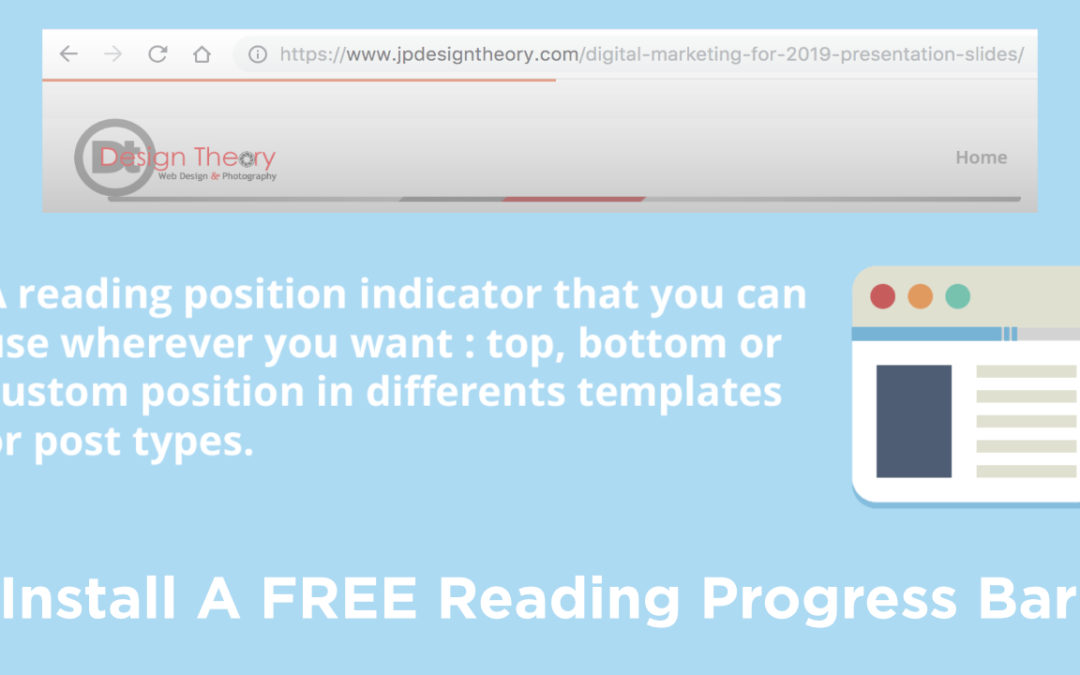


![Developer and Client Transparency Presentation [VIDEO]](https://jpdesigntheory.com/wp-content/uploads/2017/03/Client-Transparency-WP-Orlando-Jeans-Picture-1080x675.jpg)



